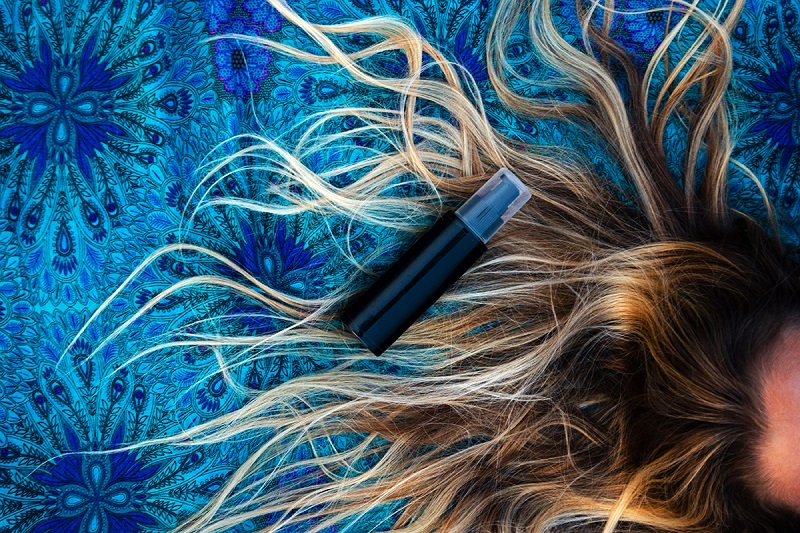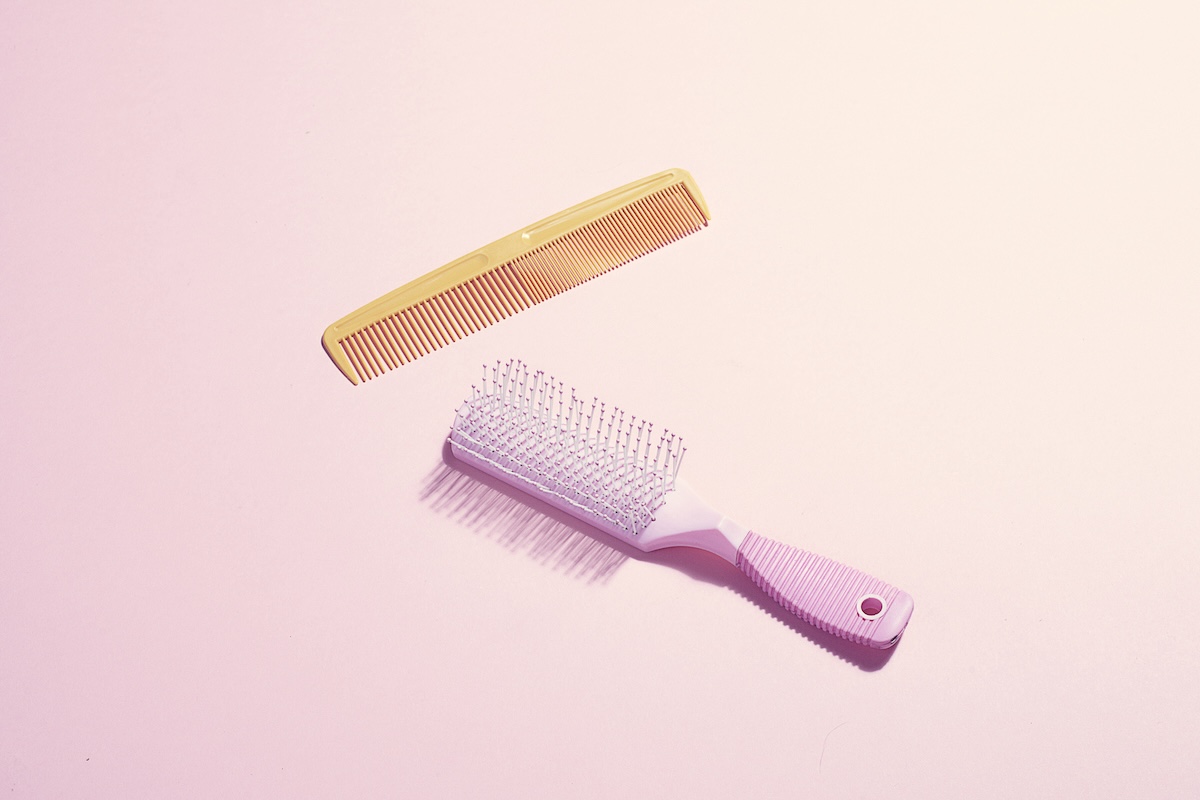Can you review any studies of treatments that successfully combat hair loss through supplements or the like? I know there is a lot out there and I assume it is mostly snake oil, and I get that this is just part of getting older, but I’d love to slow it down.
—Anonymous
So many of my patients struggle with female pattern hair loss. It can cause a lot of distress, and it is very common. One study of more than 1,000 white women in the U.S. found that about 19% of them experienced female pattern hair loss. While it can occur at any time, female pattern hair loss most commonly occurs in midlife.
Your desire to be proactive before hair loss is severe is warranted. Most of the treatments we have are better at keeping existing hair than growing new hair, although they can help with both. Topical minoxidil — Rogaine — has been shown in both a Cochrane review and a meta-analysis to be the most effective treatment. It is available over the counter and has few side effects. I typically recommend the 5% Women’s foam because it is less likely than the men’s formula to leave hair sticky or drip down onto your face (most of us aren’t interested in more hair on our face).

In recent years, interest in oral minoxidil has increased. A review of more than 600 subjects with hair loss due to a number of different causes found that low doses of minoxidil are a safe and effective option. The benefit of oral minoxidil is that it is a pill, so it’s much more convenient to use. It is also typically less expensive than Rogaine. However, because it is circulating in your blood, women can see more body hair growth than with topical minoxidil.
When it comes to supplements, things get muddier. Being deficient in various different vitamins, including iron and B12, has been shown to cause hair loss. But supplementing those vitamins if you are not deficient is not helpful.
Vitamin blends targeted to improve hair growth and decrease hair loss may have placebo-controlled trials to back them up, but the outcomes are largely subjective perceptions from the subjects of hair quality and quantity.
The upshot: Female pattern hair loss is common among women in midlife and causes a great deal of distress. Currently the only data-backed treatment options are topical or oral minoxidil.
Community Guidelines




















Log in
Is it safe to use minoxidil while breastfeeding?
Could you comment on PRP for female hair loss? It seems like there is data suggesting that it works: https://www.ncbi.nlm.nih.gov/pmc/articles/PMC8922312/. Thanks.